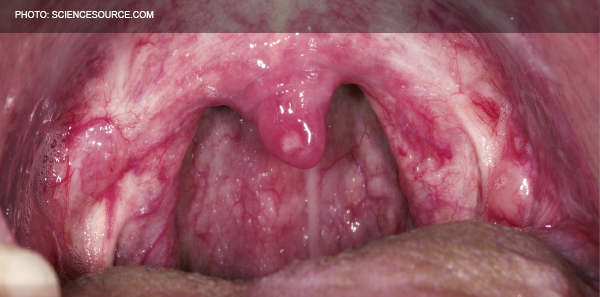
In addition to our nominal business of handling true medical emergencies, typical emergency departments also provide care for many patients with ambulatory medical complaints. Whether these patients present due to anxiety over the nature of their condition, to alleviate suffering, or for sheer convenience, these non-emergencies may prove just as challenging. Acute pharyngitis, for example, represents more than 1 million visits annually to US emergency departments. This presenting complaint rarely requires or benefits from antibiotics, yet the desire to provide our patients with at least some token of relief is frequently strong enough to overcome the rationality of antibiotic stewardship. Estimated appropriate prescribing rates for pharyngitis, accounting for group A strep prevalence, are 10 percent to 20 percent, but antibiotics are prescribed in roughly 60 percent of cases.1
Explore This Issue
ACEP Now: Vol 36 – No 06 – June 2017What alternative might we have to our ill-conceived antibiotic prescriptions? How about systemic steroids?
It follows logically that if pharyngitis is associated with inflammation of the pharynx, perhaps strong anti-inflammatory immunoregulation might prove beneficial. We have seen our otolaryngology colleagues prescribe steroids postoperatively for edema and pain. Should we use them for uncomplicated pharyngitis in our ambulatory population?
Examining Steroid Use for Sore Throats
In fact, it’s a little facetious to even ask such questions, considering many physicians already routinely incorporate consideration for oral steroids into their treatment options for pharyngitis. Most frequently, these are given as a one-time dose, either oral or intramuscularly, of dexamethasone or prednisone. However, for such a common treatment, the evidence is weaker than one may expect.
The largest examination of systemic steroids for acute pharyngitis comes in the form of a Cochrane Review.2 Unfortunately, despite being the largest review, the evidence base consists of a mere eight studies and 743 patients. These studies include patients from all over the globe; evaluate varying doses, types, and routes of steroids; mostly include adjuvant antibiotics; and measure all manner of differing outcomes. Despite the mostly consistent results favoring steroids, the only reliable conclusion is the need for a more robust trial.
This leads us to the 2017 publication in JAMA of the Treatment Options without Antibiotics for Sore Throat (TOAST) trial.3 This trial randomized 565 patients with acute sore throat to either 10 of oral dexamethasone or identical placebo. Patients were eligible for enrollment provided clinicians did not prescribe immediate antibiotics, but clinicians were allowed to provide antibiotics for delayed use if symptoms did not improve.
A long story made short, this is a negative trial. There was no statistically significant difference in complete symptom resolution at the 24-hour primary outcome. The difference between groups, 22.6 percent resolution in the dexamethasone group versus 17.7 percent resolution in placebo, was much smaller than expected based on the results from prior trials in which nearly three times as many patients in the dexamethasone group experienced symptomatic relief.
Pages: 1 2 3 | Single Page






No Responses to “Is Dexamethasone Helpful for Treating Pharyngitis?”